
The Supreme Court ruled on Tuesday that the right to free speech and expression guaranteed under Article 19(1)(a) of the Constitution cannot be restricted by any additional grounds beyond those already outlined in Article 19(2).
The case originated from statements made by a former Uttar Pradesh minister regarding the rape incident in Bulandshahr. The minister claimed it was a political conspiracy, leading to a petition filed against him in the apex court. As the court dealt with the matter, it decided to examine the scope of free speech for public officials and referred the issue to a Constitution Bench.
On Tuesday, a five-judge Constitution Bench, led by Justice S Abdul Nazeer and including Justices B R Gavai, A S Bopanna, V Ramasubramanian, and B V Nagarathna, made a ruling on the matter.
The five-judge Constitution Bench stated, “The grounds in Article 19(2) for limiting free speech are comprehensive. Additional restrictions not found in Article 19(2) cannot be imposed on the right given by Article 19(1)(a) under the pretext of invoking other fundamental rights or conflicting fundamental rights.”
Four of the five judges on the bench—Justice Nazeer, Justice Gavai, Justice Bopanna, and Justice Ramasubramanian—also mentioned, “A statement made by a minister, even if related to state affairs or in defense of the government, cannot be attributed to the government through vicarious responsibility.”
However, in a separate judgment, Justice Nagarthna stated that while the government cannot be held vicariously responsible for personal remarks by a minister, such liability would apply if the statement also reflects the views of the government.
The majority ruling also stated, “A fundamental right under Article 19, 21 can be enforced even against persons other than the state or its instrumentalities.” It also said, “A mere statement made by a minister, inconsistent with the rights of a citizen under part 3 of the constitution, may not constitute a violation of the constitutional rights and become actionable as a constitutional tort. But if, as a result of such a statement, any act resulting in harm or loss to a person or citizen is done by the officers, then it may be actionable as constitutional tort.”
Justice Nagarathna, however, emphasized that not all cases where a statement by a public official results in harm or loss to a person should be considered a constitutional tort. Each case should be rigorously evaluated based on the nature of the resulting harm or loss.
She added, “It is for Parliament to enact legislation to restrain citizens and public officials from making disparaging remarks against fellow citizens, in line with the parameters of Article 19(2) and considering the freedom under Article 19(1)(a) of the Constitution.”
“It is also up to political parties to regulate the actions and speech of their officials and members through the enactment of a code of conduct that sets the limits of permissible speech,” she concluded.
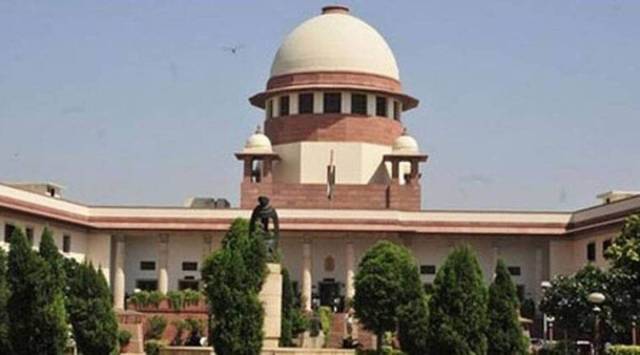
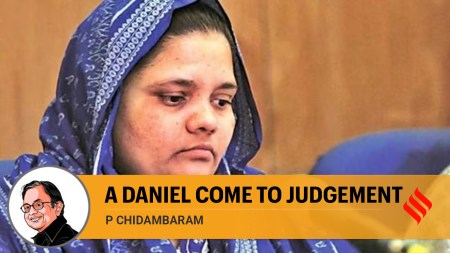
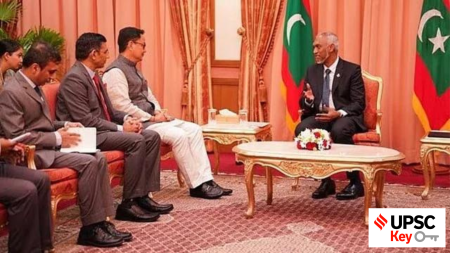
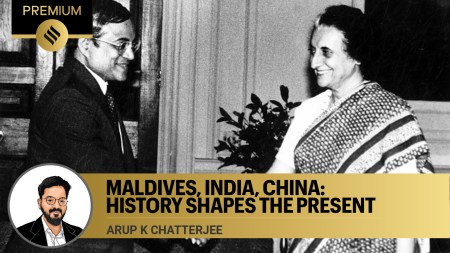





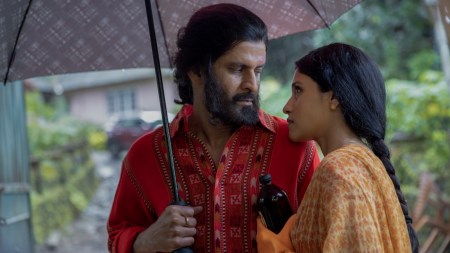
![]()





